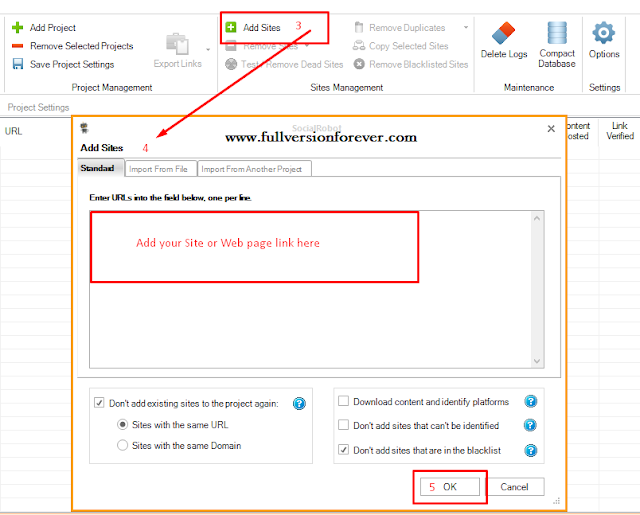
The RPLIDAR starts spinning as soon as you plug it in your laptop USB port.

The whole thing is quite straightforward. ROS provides a communication infrastructure that allows you to extract different logic into their own modules, and have them communicate with each other in a standard way, as depicted in the picture above.Mind you, I run Ubuntu 14.04, so if your OS is different the process might need some adjustment.


For example, if you wanted to switch ultrasonic sensors, and rewrite the “distance” module, you could do that without having to touch any of the other modules as long as the new distance module talked the same way as the old one. This will all make more sense once we dive in, so let’s get started, shall we? Step 1: Install ROS on the Raspberry PiĪs of this writing, ROS has three currently-supported releases: Indigo Igloo, Kinetic Kame, and Lunar Loggerhead. Ubuntu Core series 16 (the one we’re using) is Ubuntu Xenial, which limits our options to Kinetic and Lunar. SSH into your Pi, and get into your classic shell: $ sudo classic Lunar is technically newer and shinier, but like Ubuntu, ROS has Long-Term Support (LTS) releases that are supported for an extended period of time, and Kinetic is their most recent LTS. Now we’ll re-index all the repositories we have configured, since we just added one: $ sudo apt update We then need to add that repository’s keys to the list of keys we’ll accept (this verifies that packages in that repository really do come from ROS): $ sudo apt-key adv -keyserver hkp://ha.:80 -recv-key C1CF6E31E6BADE8868B172B4F42ED6FBAB17C654 ROS maintains its own repository of Debian packages, which we need to add to our system: $ sudo sh -c 'echo "deb $(lsb_release -sc) main" > /etc/apt//ros-latest.list' Let’s follow ROS Kinetic’s install guide. As you’ll see on the install guide, there are a bunch of meta packages available (packages that exist solely to pull in other packages). Let’s install the smallest, bare-bones one, ros-kinetic-ros-base, which will take up around 700MB. We’ll also install g++, the C++ compiler (it’s still required, even though we’re writing Python): $ sudo apt install g++ ros-kinetic-ros-baseĪt this point, ROS is successfully installed, but none of its tools are available to run. That’s because ROS installs itself into what it calls a “workspace”, and provides a shell script that activates that workspace.

We can make sure we activate that workspace upon login by adding it to the.


 0 kommentar(er)
0 kommentar(er)
